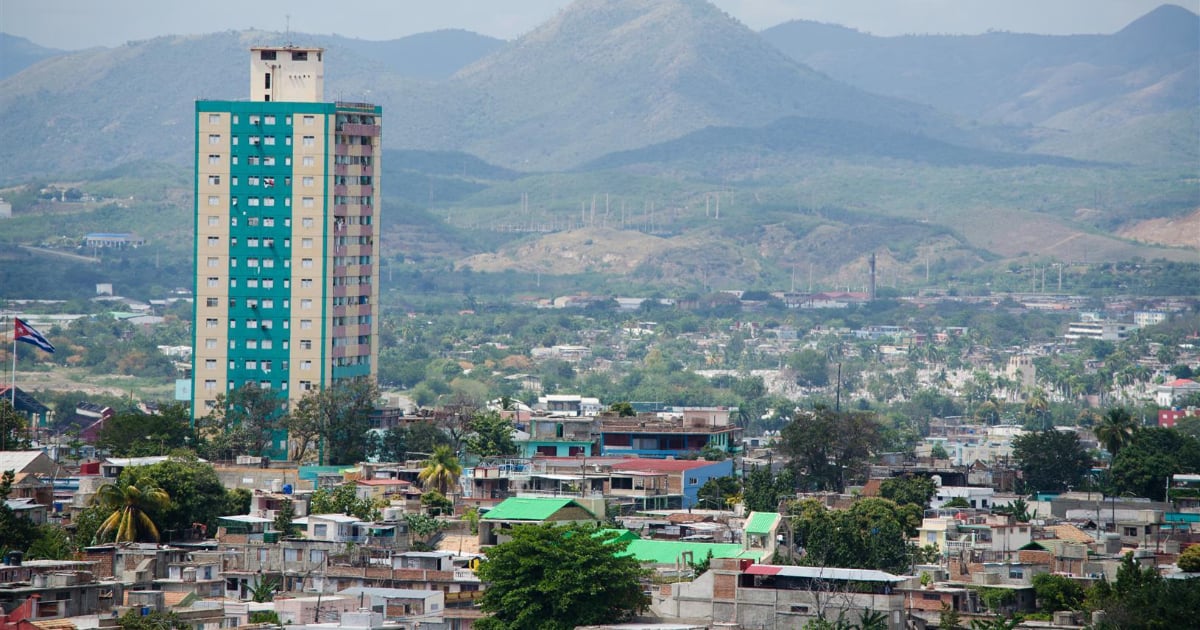A strong earthquake was felt just moments ago in the city of Santiago de Cuba, according to local resident and official Aris Arias Batalla. Although the tremor caused alarm among the inhabitants, no material or personal damages have been reported so far.
The local government urged the population to remain calm and stay in open areas as a precautionary measure. "Stay calm. No damages have been reported at this time. Remain in open spaces," expressed Arias Batalla.
The authorities have yet to issue an official statement regarding the earthquake, and it is expected that evaluations will be conducted in the coming hours to determine the magnitude of the event and its impact on the region.
Earthquakes are not unusual in this part of the country, known for its seismic activity. Experts recommend avoiding panic, following the instructions of authorities, and staying informed through official updates.
This event adds to the series of seismic movements that have affected the region in recent years, reminding the population of the importance of always being prepared for such emergencies. It is anticipated that civil protection authorities will conduct monitoring to ensure the safety of all residents and visitors in Santiago de Cuba.
(Developing Story)
Frequently Asked Questions about the Santiago de Cuba Earthquake
Given the recent seismic event in Santiago de Cuba, here are some common questions and answers to help you stay informed and prepared.
What should I do during an earthquake?
During an earthquake, you should drop to the ground, take cover by getting under a sturdy piece of furniture, and hold on until the shaking stops. If you are outside, move to an open area away from buildings, trees, and power lines.
Are earthquakes common in Santiago de Cuba?
Yes, Santiago de Cuba is known for its seismic activity. The region experiences frequent earthquakes, making it important for residents to be prepared for such events.
What should I do after an earthquake?
After an earthquake, check yourself and others for injuries. Be prepared for potential aftershocks and avoid damaged buildings. Follow the instructions of local authorities and stay informed through official channels.
